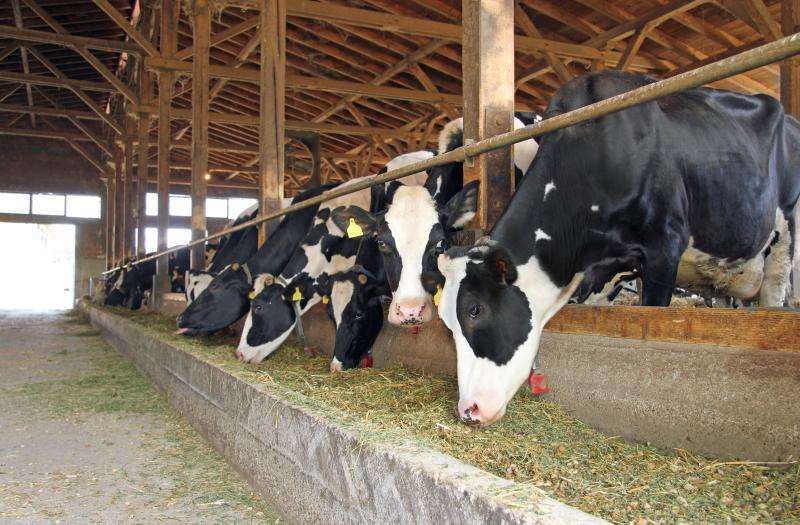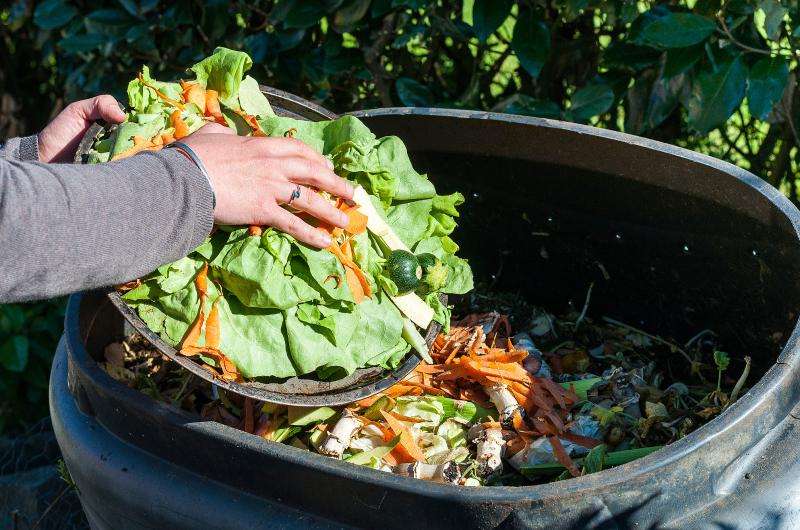Company patents technology to feed cattle from waste

The phrase "squeeze until the very last drop" literally came true for Biotectra, a Mexican company that managed to extract nutrients from organic waste and transform them into a main ingredient for cattle food.
The company, located in the Mexico City, is responsible for collecting the organic waste generated by the food sector, such as crop waste, expired products like milk, soups, meat and vegetables, as well as those that do not meet quality regulations, and after a microbiological process, adds them to different foods for farm animals.
Biotectra founder Luis Jose Cruz Gaviño explained that failing to eliminate this type of waste represents a major health risk, since is sometimes used to feed animals for fattening or sold cheaply in clandestine markets, a situation that eventually affects public health.
In order to solve this situation, the veterinarian by the National University of Mexico (UNAM) developed a technology that kills disease-causing viruses and bacteria in food, which is then processed to obtain an ingredient that is added to cattle feed. One feature of this additive is that it improves feed digestibility for animals.

Gaviño Cruz said the process is patented as a microbiological activator, which is added to the mixture of waste and promotes the development of acidophilus bacteria and fungi, which promote a healthy environment in the intestine of the animal and reinforces their immune system, leading the pH at the right level to destroy viruses and bacteria that harm animals.
When subjected to the microbiological process, the bacteria unfold the nutrients from the organic waste to make them more digestible for the animals. This process breaks the bonds and makes the structural sugars digestible, so when a pig or a cow consumes the new feed, they will obtain a greater amount of nutrients.
For example, vegetables consist of two types of carbohydrates: structural, which give shape to the plant, and reservoir. Normally the body consumes and digests the later, but the structural carbohydrates, also called fiber, cannot be digested because digestion is enzymatic and those nutrients do not unfold.
Moreover, the development team also wants to provide alternatives to grain or seeds that can otherwise be sold for human consumption. So Biotectra set the goal of creating a technology that submits this type of organic waste to a rapid fermentation process, creating a finished product in 72 hours that can be consumed by the animals.
The Biotectra team collects food industry waste and takes that raw material to their premises, where they transform it into an ingredient of cattle feed. The production is in line with the regulations of different types of food for each species, such as pigs, cattle and sheep.
According to Gaviño Cruz, the firm has reduced the production cost of livestock feed between 30 and 50 percent, depending on the type of waste and the animal to be fed.
They use products rich in protein, such as waste turkey or chicken sausage, dairy, fruit and pastries, usually waste from hotels and restaurants. For food intended for ruminants, they work with waste from fruits, vegetables, chicken or fish.
It is noteworthy that organic waste represents a health problem for municipalities, as well as for the animals that ingest it. "We help companies in the food industry to dispose of their waste safely, and provide the government with an alternative that allows them to eliminate it," the founder of Biotectra concluded.
Provided by Investigación y Desarrollo



















